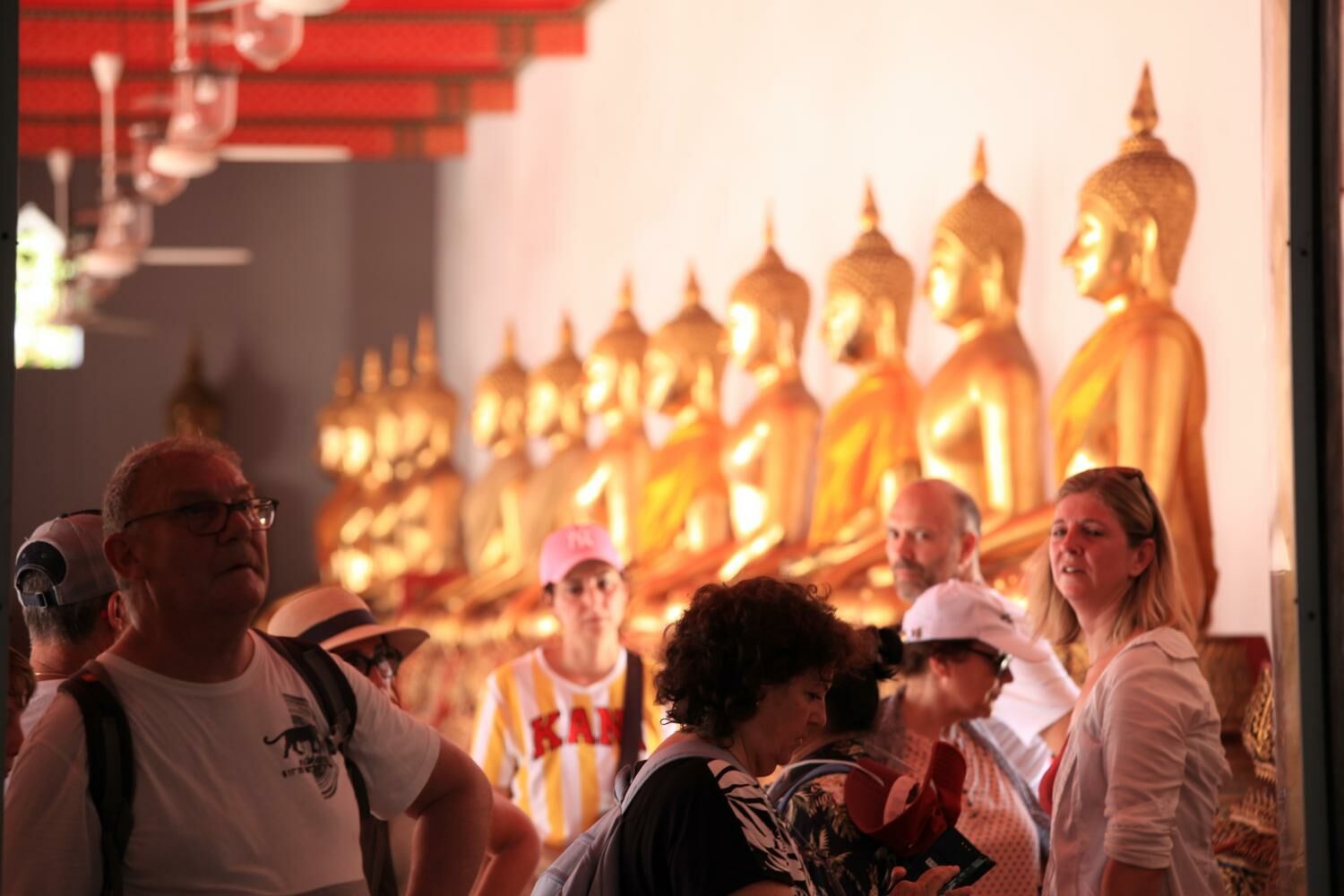Thai tourism must shift to supply-driven strategy for 2025, says TAT

The Thai tourism industry must adopt a supply-driven strategy to enhance its competitiveness, according to the former governor of the Tourism Authority of Thailand (TAT). The TAT outlined its marketing direction for 2025, aiming to increase revenue by 7.5% from 2024, targeting 39 million foreign arrivals and 205 million domestic trips. This figure is a revision from the 220 million trips projected last week.
Current TAT Governor Thapanee Kiatphaibool emphasised the need to rebrand Thai tourism for 2025 towards high value and sustainability, focusing on quality spending and generating income in new destinations.
Yuthasak Supasorn, former TAT Governor and now chairman of the Industrial Estate Authority of Thailand (IEAT), believed the TAT should prioritise developing tourism supply to improve competitiveness as well as the country’s ranking in the tourism development index.”
Yuthasak recently addressed the National Institute of Development Administration’s Graduate School of Tourism Management. He reported that foreign arrivals reached 17.5 million in the first half of the year, aligning with the Bank of Thailand’s forecast for a low tourism recovery.
Thailand’s position on the World Economic Forum Travel and Tourism Development Index plummeted to 47th from 36th, highlighting a significant decline in tourism competitiveness. Regionally, Thailand ranked 10th in the Asia-Pacific and fourth in Southeast Asia, trailing Singapore, Indonesia, and Malaysia.
Neighbouring countries like Indonesia have excelled in areas such as natural resources and travel and tourism demand sustainability, securing top 10 rankings. In comparison, Thailand ranked 106th in travel and tourism socio-economic impact and 102nd in safety and security, the lowest among Southeast Asian countries, underscoring the urgency to enhance tourist safety.
Thai tourism
“If the tourism industry wants to maintain its competitiveness, all sectors must work together.”
Yuthasak also called for improvements in safety, infrastructure upgrades, and the development of sustainable tourism practices aligned with environmental, social, and governance principles.
Yuthasak advocated for a stronger supply side to attract high-quality tourists and distribute income fairly among local communities, both in major and secondary cities. He stressed the importance of ensuring safety and ease of travel to enhance the customer experience from the outset of their journey, ensuring fair treatment for both local and international visitors.
Yuthasak also recommended that all destinations and businesses prioritise sustainability in their tourism growth strategies, balancing environmental, economic, and social considerations in the present and long term, and updating laws and regulations that impede sustainable growth, reported Bangkok Post.
“If these actions were mutually committed, along with a direction to grow the number of quality tourists without focusing too much on volume, I’m confident Thailand’s tourism industry will become more resilient with strength in value and revenue for the whole sector.”
Latest Thailand News
Follow The Thaiger on Google News:


























